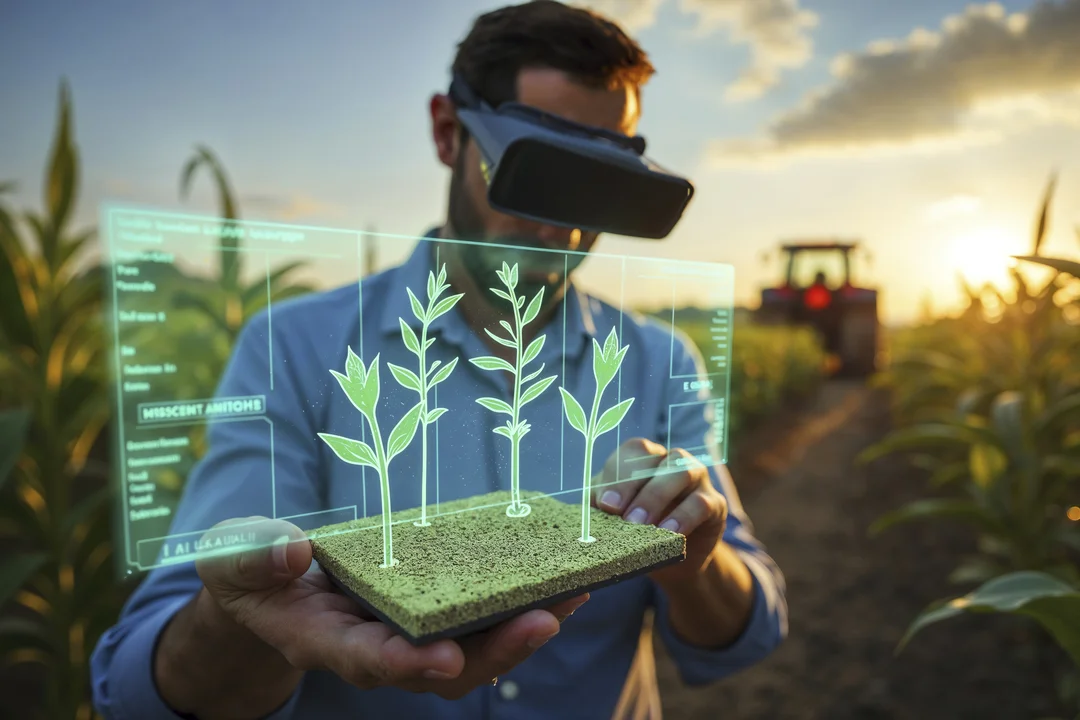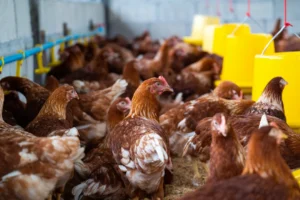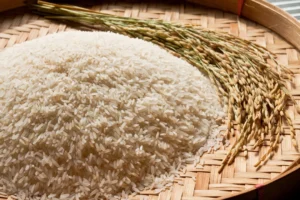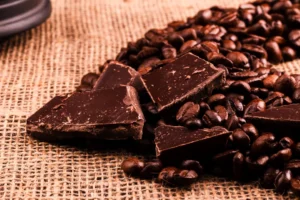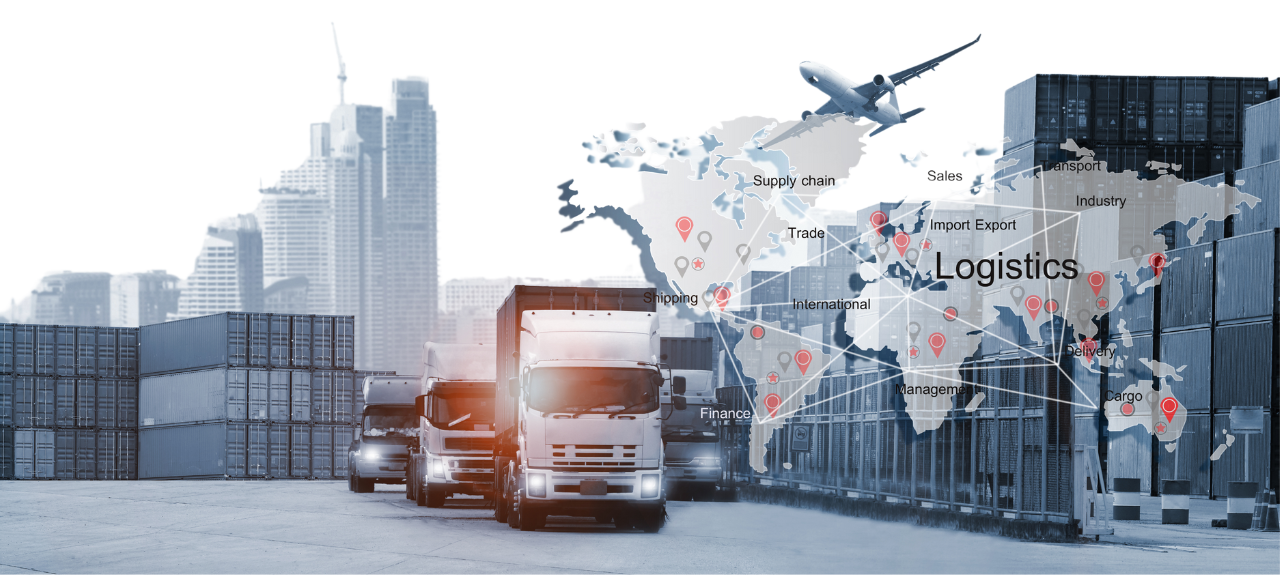The agricultural commodities sector is undergoing a significant transformation, driven by advancements in technology and digitalization. The adoption of innovative technologies such as the Internet of Things (IoT), blockchain, and artificial intelligence (AI) is optimizing processes, enhancing efficiency, and increasing traceability throughout the supply chain. These technological advancements are not only improving productivity but also addressing some of the most pressing challenges in the sector. In this post, we will explore how technology and digitalization are revolutionizing the agricultural commodities industry.
IoT technology is playing a crucial role in modernizing agriculture by enabling real-time monitoring and data collection. Sensors and connected devices provide valuable insights into soil conditions, weather patterns, and crop health, allowing farmers to make data-driven decisions. This real-time information helps optimize resource usage, improve yields, and reduce waste, ultimately leading to more sustainable and efficient farming practices.
Blockchain technology is transforming the way agricultural commodities are tracked and verified. By providing a decentralized and transparent ledger, blockchain ensures the integrity and traceability of transactions throughout the supply chain. This increased transparency builds trust among stakeholders, reduces the risk of fraud, and enhances food safety by providing a clear record of a product’s journey from farm to table.
The Role of IoT in Agriculture
The Internet of Things (IoT) is revolutionizing the agricultural sector by enabling real-time monitoring and data collection. IoT devices, such as sensors and connected machines, provide valuable insights into various aspects of farming, including soil moisture levels, weather conditions, and crop health. This data allows farmers to make informed decisions and optimize their operations.
For example, IoT sensors can monitor soil conditions and provide real-time data on moisture levels, helping farmers determine the optimal time for irrigation. This not only conserves water but also ensures that crops receive the right amount of moisture for optimal growth. Additionally, IoT devices can track weather patterns and predict potential threats, allowing farmers to take proactive measures to protect their crops.
Blockchain for Transparency and Traceability
Blockchain technology is transforming the agricultural commodities sector by providing a decentralized and transparent ledger for tracking transactions. Each transaction is recorded on a blockchain, creating an immutable and verifiable record of a product’s journey from farm to table. This increased transparency builds trust among stakeholders and ensures the integrity of the supply chain.
One of the key benefits of blockchain in agriculture is enhanced traceability. Consumers and businesses can trace the origin of agricultural products and verify their authenticity. This is particularly important for ensuring food safety and quality. Additionally, blockchain can reduce the risk of fraud and counterfeiting by providing a secure and tamper-proof record of transactions. By leveraging blockchain technology, the agricultural commodities sector can improve transparency, build trust, and enhance overall supply chain efficiency.
Artificial Intelligence for Efficiency
Artificial intelligence (AI) is another technology that is revolutionizing the agricultural commodities sector. AI-powered tools and algorithms can analyze vast amounts of data and provide actionable insights to improve decision-making. For instance, AI can predict crop yields, optimize planting schedules, and identify potential pest infestations, allowing farmers to take proactive measures.
AI-driven automation is also enhancing efficiency in agricultural operations. Autonomous machinery, such as drones and robotic harvesters, can perform tasks with precision and speed, reducing labor costs and increasing productivity. Additionally, AI can optimize supply chain logistics by predicting demand, managing inventory, and improving transportation routes. By harnessing the power of AI, the agricultural commodities sector can achieve greater efficiency, reduce costs, and enhance overall productivity.
Conclusion
Technology and digitalization are revolutionizing the agricultural commodities sector, driving significant improvements in efficiency, traceability, and sustainability. The adoption of IoT, blockchain, and artificial intelligence is optimizing processes and addressing key challenges in the industry. As these technologies continue to evolve, their impact on the agricultural commodities sector will only grow, offering new opportunities for innovation and growth.
At Sax Trading LLC, we are committed to leveraging the latest technologies to enhance our operations and provide the highest quality agricultural commodities. Our expertise in technology and digitalization ensures that our products meet the highest standards of efficiency and traceability. Request a quote today and discover how our tech-driven solutions can benefit your business.

